Call for Joint Effort to Empower Girls on Menstrual Health
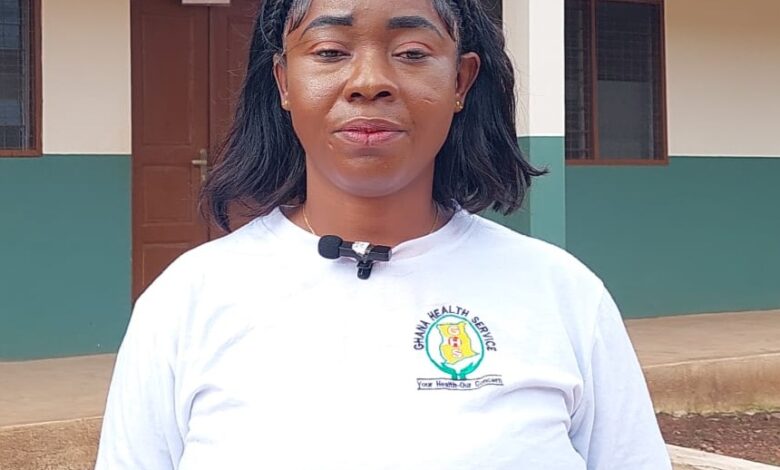
A Senior Midwife with the Ghana Health Service, Madam Charity Azaare, has urged parents, educators, and community leaders to work together to prepare adolescent girls emotionally, psychologically, and materially for menstruation, stressing that early support is key to building girls’ confidence and ensuring proper menstrual hygiene.

Speaking at separate forums held in Nintin and Hwidiem in the Mampong Municipality of the Ashanti Region as part of this year’s World Menstrual Hygiene Day celebrations, Madam Azaare emphasized the need for psychological, emotional, and logistical preparedness before girls experience their first menstrual cycle.
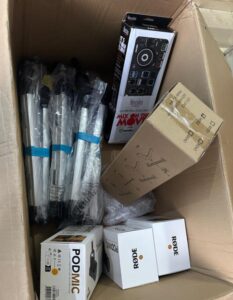
“Such collaboration will boost girls’ self-worth and self-awareness, eliminate stigmatization, and promote better personal and environmental hygiene,” she said. “It also helps prevent infections and unwanted pregnancies.”
The forums were organized through the initiative of the Assembly Member for Nintin Electoral Area, Mr. Nicholas Osei-Wusu, in partnership with Sunda International. The sessions targeted upper primary and junior high school girls, as well as female teachers from six basic schools in Nintin and Hwidiem.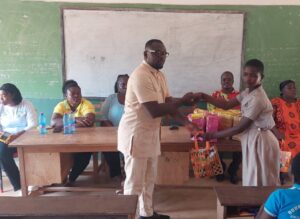
During the programme, a team of health professionals, including a midwife and a community nurse, educated participants on the female reproductive system, the biological significance of menstruation, and proper use and disposal of sanitary pads. Participants were also taught how to maintain good hygiene during their periods.
As part of the event, each girl received at least a two-month supply of sanitary pads donated by Sunda International, through its Soft Care brand.
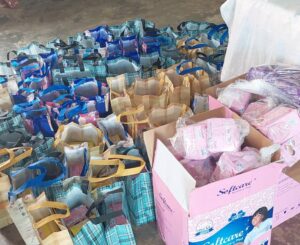
Madam Azaare stressed the importance of parental involvement, particularly mothers, in educating their daughters. “Many parents are unaware when their daughters start menstruating. This lack of awareness sometimes leads to missed signs of pregnancy or health issues,” she noted.
She also advised the girls not to panic over variations in the length of their menstrual flow, which can last between two to seven days. However, she cautioned that any unusual symptoms or discomforts should be promptly reported to teachers or parents for medical attention.
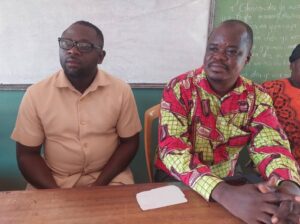
Assembly Member Nicholas Osei-Wusu explained that his motivation to support the initiative stems from a desire to reduce stigma, absenteeism, and low self-esteem among girls during their menstrual cycle.
“When girls see their leaders involved in such efforts, the stigma begins to fade. It improves their academic performance and overall well-being. This is the goal I have set for myself,” he said.
The Queenmother of Nintin, Nana Anoswah Okyekyerekuro, encouraged girls not to feel ashamed when they begin menstruating, describing it as a natural part of growing up. She urged them to maintain proper hygiene to avoid health complications and praised the Assembly Member for his commitment to girls’ education and welfare.
Presiding Member of the Mampong Municipal Assembly, Mr. Daniel Oduro, commended the initiative and described it as worthy of emulation by other Assembly Members.
This year’s World Menstrual Hygiene Day was observed under the theme: “#PeriodFriendlyWorld,” highlighting the need for accessible and safe menstrual hygiene resources for all, particularly adolescent girls.






